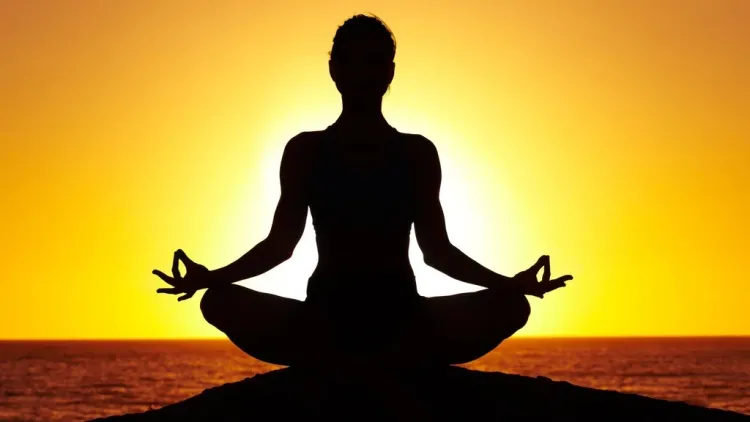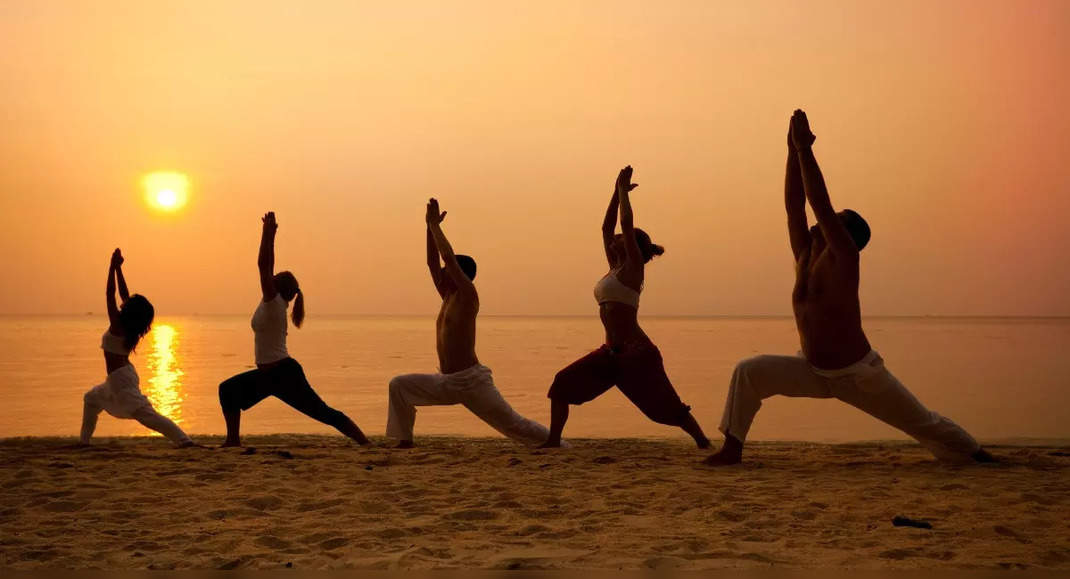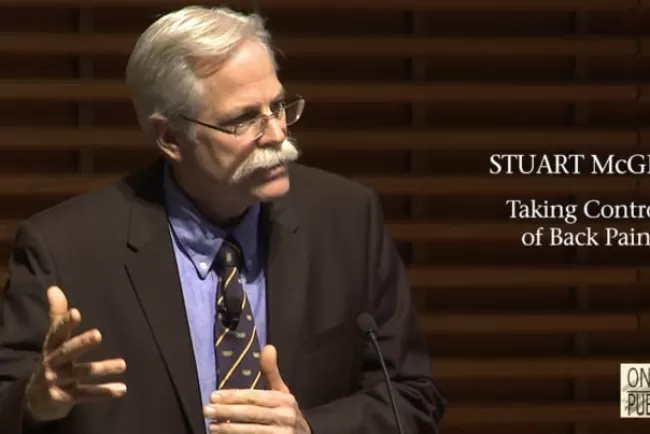Unveiling Yoga: A Comprehensive Guide to Physical, Mental, and Spiritual Health...!!!
Yoga transcends mere physical exercise; it is a profound journey towards self-discovery and inner tranquility.

What is Yoga?
Yoga is a comprehensive practice that originated in India around 5,000 years ago. It blends physical postures (asanas), breathing techniques (pranayama), meditation, and moral principles to enhance physical, mental, and spiritual health. The term "yoga" is derived from the Sanskrit word "yuj," which means to unite or integrate, signifying the harmony of body, mind, and spirit.
Historical Roots
Yoga's beginnings can be traced back to the Indus Valley Civilization. It is mentioned in ancient texts such as the Vedas, Upanishads, and the Bhagavad Gita. Approximately 2,000 years ago, Patanjali's Yoga Sutras systematized yoga's principles into an organized framework, outlining the eight limbs of yoga: Yama (ethical restraints), Niyama (self-discipline), Asana (postures), Pranayama (breath control), Pratyahara (withdrawal of senses), Dharana (concentration), Dhyana (meditation), and Samadhi (state of bliss).
Types of Yoga
Yoga encompasses various styles, each with its distinct focus and approach:
-
Hatha Yoga: A gentle practice concentrating on physical postures and breath control, considered the foundation of all yoga styles.
-
Vinyasa Yoga: A dynamic flow that synchronizes breath with movement, providing a cardiovascular workout.
-
Ashtanga Yoga: A rigorous practice following a specific sequence of postures, enhancing strength and flexibility.
-
Bikram Yoga: Conducted in a heated room with a set series of 26 postures, designed to detoxify the body through perspiration.
-
Iyengar Yoga: Focuses on alignment and precision in postures, often using props such as blocks and straps.
-
Kundalini Yoga: Aims to awaken dormant energy at the spine's base through postures, breath work, and meditation.

Benefits of Yoga
Yoga offers numerous benefits beyond physical fitness, including:
-
Physical Health: Enhances flexibility, strength, balance, and endurance. It can also reduce chronic pain, improve cardiovascular health, and boost immunity.
-
Mental Well-being: Alleviates stress, anxiety, and depression. Improves focus, concentration, and mental clarity.
-
Spiritual Growth: Encourages self-awareness, mindfulness, and a deeper connection to one's inner self. Promotes a sense of peace and fulfillment.
-
Emotional Stability: Helps manage emotions, fostering a positive outlook and emotional resilience.
Yoga in Modern Life
In the contemporary fast-paced world, yoga acts as a refuge for many, offering tools to manage stress and achieve balance. It has gained global popularity, with millions practicing daily in studios, homes, and workplaces.
Scientific Research
Scientific studies corroborate the benefits of yoga. Research shows that regular practice can lower cortisol levels (a stress hormone), reduce inflammation, improve heart health, and boost brain function. Yoga is also used as a complementary therapy for various medical conditions, including chronic pain, hypertension, diabetes, and mental health disorders.
Getting Started with Yoga
Embarking on a yoga practice is simple and accessible to all, regardless of age or fitness level. Here are some tips for beginners:
-
Find a Class: Join a local yoga studio or an online class to learn from experienced instructors.
-
Start Slow: Begin with gentle styles like Hatha or Vinyasa to establish a strong foundation.
-
Listen to Your Body: Respect your body's limits and avoid overexertion.
-
Practice Regularly: Consistency is essential. Aim for several sessions a week to reap the benefits.
-
Explore Different Styles: Experiment with various yoga styles to find what resonates with you.

Yoga transcends mere physical exercise; it is a profound journey towards self-discovery and inner tranquility. Whether you seek physical health, mental clarity, or spiritual growth, yoga provides a path to holistic well-being. Embrace the practice, and you'll embark on a transformative journey that enriches every facet of your life.
What's Your Reaction?

















